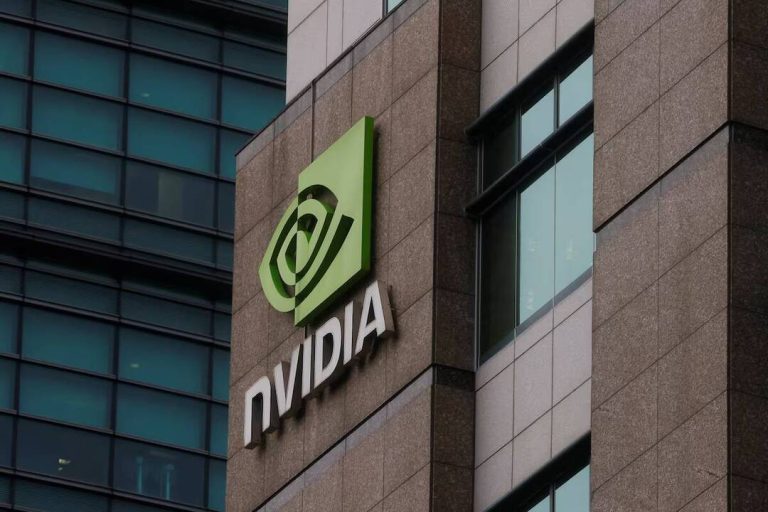
Perplexity most likely to fail,’ claims survey at US AI summit
The artificial intelligence (AI) industry has been abuzz with excitement and innovation in recent years, with numerous startups and companies emerging to capitalize on the growing demand for AI-powered solutions. However, not all AI startups are created equal, and some are more likely to succeed than others. A recent survey conducted at the Cerebral Valley AI Conference in San Francisco has shed some light on which billion-dollar AI startups are most likely to fail, and the results are intriguing.
According to the survey, which polled over 300 attendees at the conference, Perplexity, led by Aravind Srinivas, is the AI startup most likely to fail. The informal survey asked attendees to vote on which billion-dollar AI startup they would bet against, and Perplexity topped the list. OpenAI, another prominent AI startup, ranked second in the survey.
The results of the survey are certainly surprising, given the hype and attention that Perplexity has received in recent years. However, it’s worth noting that the survey is informal and not necessarily scientific, and should be taken with a grain of salt. Nevertheless, the fact that Perplexity topped the list is still noteworthy, and warrants further examination.
Commenting on the survey, Perplexity spokesperson Jesse Dwyer downplayed the results, saying “Geeze, it sounds more like the judgmental valley conference.” While Dwyer’s response is understandably dismissive, it’s clear that the survey has struck a nerve. The fact that Perplexity was voted as the most likely to fail suggests that there are concerns about the company’s prospects and viability.
So, what could be behind the survey’s results? One possible explanation is that Perplexity’s business model and technology are not as robust as those of its competitors. The AI industry is highly competitive, and startups need to have a unique value proposition and a solid plan for growth and scalability in order to succeed. If Perplexity is perceived as lacking in these areas, it’s possible that attendees at the conference voted against it due to concerns about its long-term viability.
Another possible explanation is that the survey reflects a broader skepticism about the AI industry as a whole. While AI has been hailed as a revolutionary technology with the potential to transform numerous industries, there are also concerns about its limitations and potential drawbacks. Some attendees at the conference may have voted against Perplexity simply because they are skeptical about the AI industry’s prospects, and believe that many AI startups are overhyped and overvalued.
Regardless of the reasons behind the survey’s results, it’s clear that Perplexity and other AI startups face significant challenges in the years ahead. The AI industry is rapidly evolving, and startups need to be able to adapt quickly to changing market conditions and technological advancements in order to succeed. If Perplexity and other AI startups are not able to innovate and execute effectively, they risk being left behind and failing to achieve their full potential.
In conclusion, the survey conducted at the Cerebral Valley AI Conference is a fascinating glimpse into the attitudes and perceptions of attendees towards the AI industry. While the results should be taken with a grain of salt, they suggest that there are concerns about the viability and prospects of certain AI startups, including Perplexity. As the AI industry continues to evolve and mature, it will be interesting to see how these startups fare, and whether they are able to overcome the challenges and skepticism that they face.





